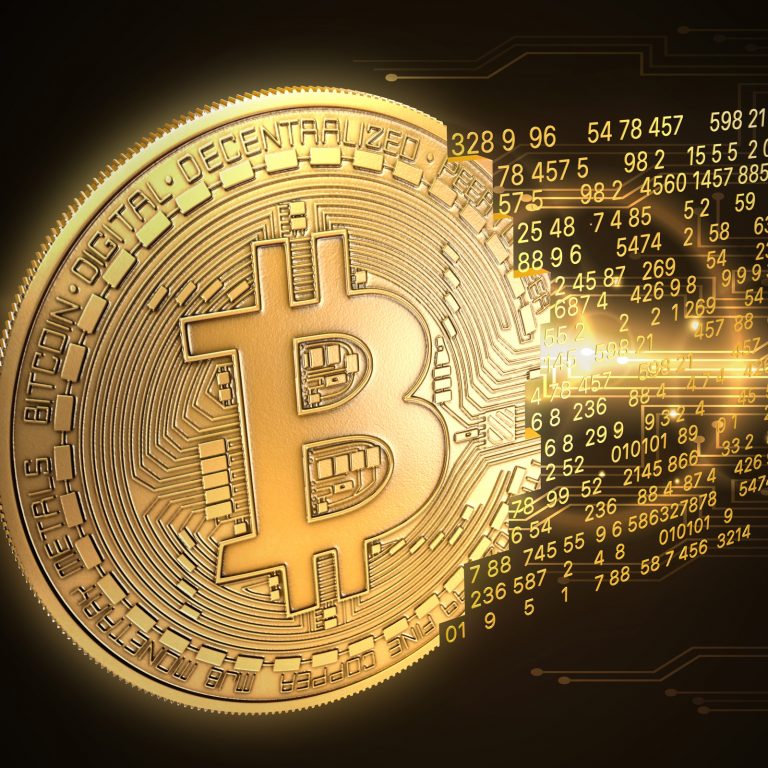In August 2018, gamers met in Cologne, Germany, for one of the largest gaming events in the industry – Gamescom. The fair hosted a perfect mix of renowned game studios, publishers, gamers and enthusiasts from around the world, all interacting freely with each other. Some of the notable entities participating in the event included the likes of Nintendo, Microsoft, and Sony.
The Gamescom event is the ideal place for gaming companies to make announcements about new releases, check out the latest trends in gaming, and get more information about what is hot and what’s not. NAGA VIRTUAL graced this event and was part of the team that showcased their products to the gamers and game developers.
During the event, it was quite evident that the industry trend is slowly shifting. Traditionally, game publishers made a majority of their revenue upfront through high sales prices. Nowadays, they are looking to strengthen their revenue models by monetizing in-game time by incentivizing gamers to engage in microtransactions.
NAGA VIRTUAL has identified this trend and is leveraging it. The company has set up an ingenious platform that acts as a virtual store for publishers to sell virtual products. Think of it as your local store where you can easily get virtual goods, with the gamers on NAGA VIRTUAL also having the chance to trade in-game items with each other.
The reception from the gaming community was enormously positive. Most of the gamers who attended the show loved the idea of having an independent platform that sells virtual gaming products. Over 80 percent of the participants expressed a desire to learn more and visited the platform to check out various wares that were on offer.
Globally, game publishers have started to embrace new models of monetization. Fortnite, in particular, has brought this to fore by showing that gaming companies can make significant revenues from the sale of cosmetic items through microtransactions. At the same time, players are now looking at cosmetic items that add value to the ownership of these items and allow interoperability across multiple platforms for these items.
Having cosmetic items that are unique to a particular player is slowly emerging as an essential feature for most gamers. This is especially the case in Asia. Trends show that players from Asia are more interested in buying cosmetic items as they play their favorite games.
Game publishers can take advantage of this interest in cosmetic ownership and increase revenue within their companies, and NAGA VIRTUAL is on its way to helping companies leverage this trend.
Game publishers and even users can also enjoy additional exposure by listing products on NAGA VIRTUAL. Players can easily have a look at such listed wares, which in turn will provide additional exposure to the gaming products that are available on the market.
NAGA VIRTUAL states,
“We offer a comprehensive solution to publishers that allows them to simply list their virtual products without any additional technical hitches.
Due to the increased interest in virtual products across the gaming industry, our platform gives publishers the advantage of being early adopters of this changing trend.
As a publisher, you get full control of your store and can easily monitor the sales and other KPIs for your products. We are also supporting multiple platforms in our virtual store and the time it takes for product integration is also short.”
NAGA VIRTUAL is fully compliant with all statutory obligations in Europe, so gamers and developers can be sure that they will be dealing with a trustworthy and a compliant company.
Speaking about the company’s participation in various events, NAGA VIRTUAL’s representative stated:
“We are seeing an increase in the interest on our platform. Due to this fact, we will be part of the delegation that will take part in Games Connection Europe that will be held in Paris from October 24th till 26th. We will also be in Busan for the G- start event from November 15th till 18th. These events will provide us with a great chance to meet more publishers and interact with players and enthusiasts. We have added better features on our virtual store and have already incorporated most of the feedback we got from the Gamescom Show held in Cologne Germany.”
The post NAGA VIRTUAL: New Opportunities in the Virtual Goods Market appeared first on NewsBTC.


 Over the last few weeks, there’s been a heated discussion within the Bitcoin Cash (BCH) community concerning the scheduled November 15 hard fork. There’s a strong disagreement between the BCH development teams, Bitcoin ABC, Nchain, and Bitcoin Unlimited in regard to the hard fork’s upcoming consensus changes. Fast forward to this week as Nchain has […]
Over the last few weeks, there’s been a heated discussion within the Bitcoin Cash (BCH) community concerning the scheduled November 15 hard fork. There’s a strong disagreement between the BCH development teams, Bitcoin ABC, Nchain, and Bitcoin Unlimited in regard to the hard fork’s upcoming consensus changes. Fast forward to this week as Nchain has […]
 About a week and a half ago BCH miners, developers, and industry leaders met in Bangkok to try and hash out the differences, but the meeting didn’t pay off with any compromise between the disagreeing camps. At the time Nchain also launched the Bitcoin SV alpha release and revealed a new mining pool dedicated to the SV codebase. Now, this week Nchain has released the
About a week and a half ago BCH miners, developers, and industry leaders met in Bangkok to try and hash out the differences, but the meeting didn’t pay off with any compromise between the disagreeing camps. At the time Nchain also launched the Bitcoin SV alpha release and revealed a new mining pool dedicated to the SV codebase. Now, this week Nchain has released the 





